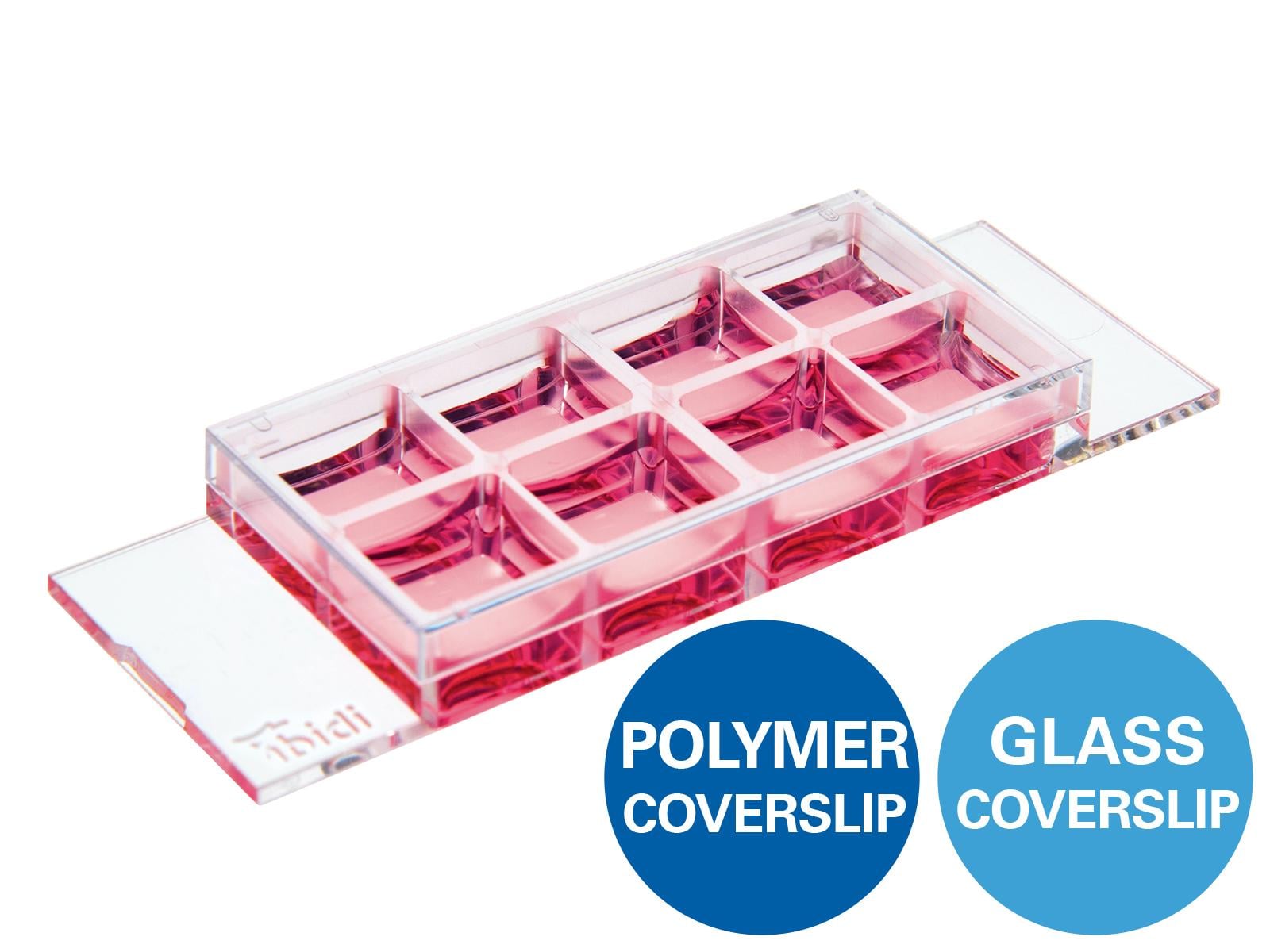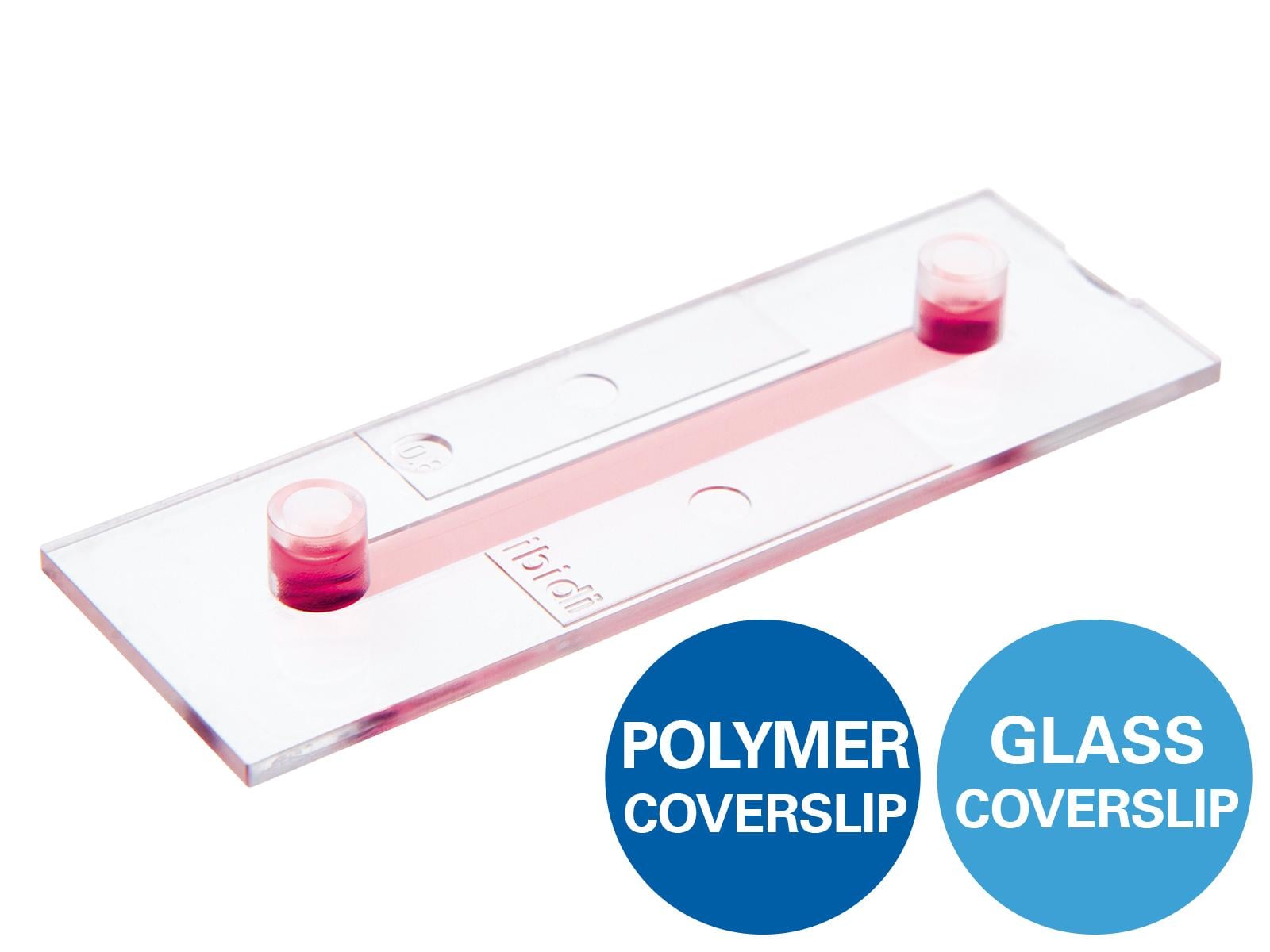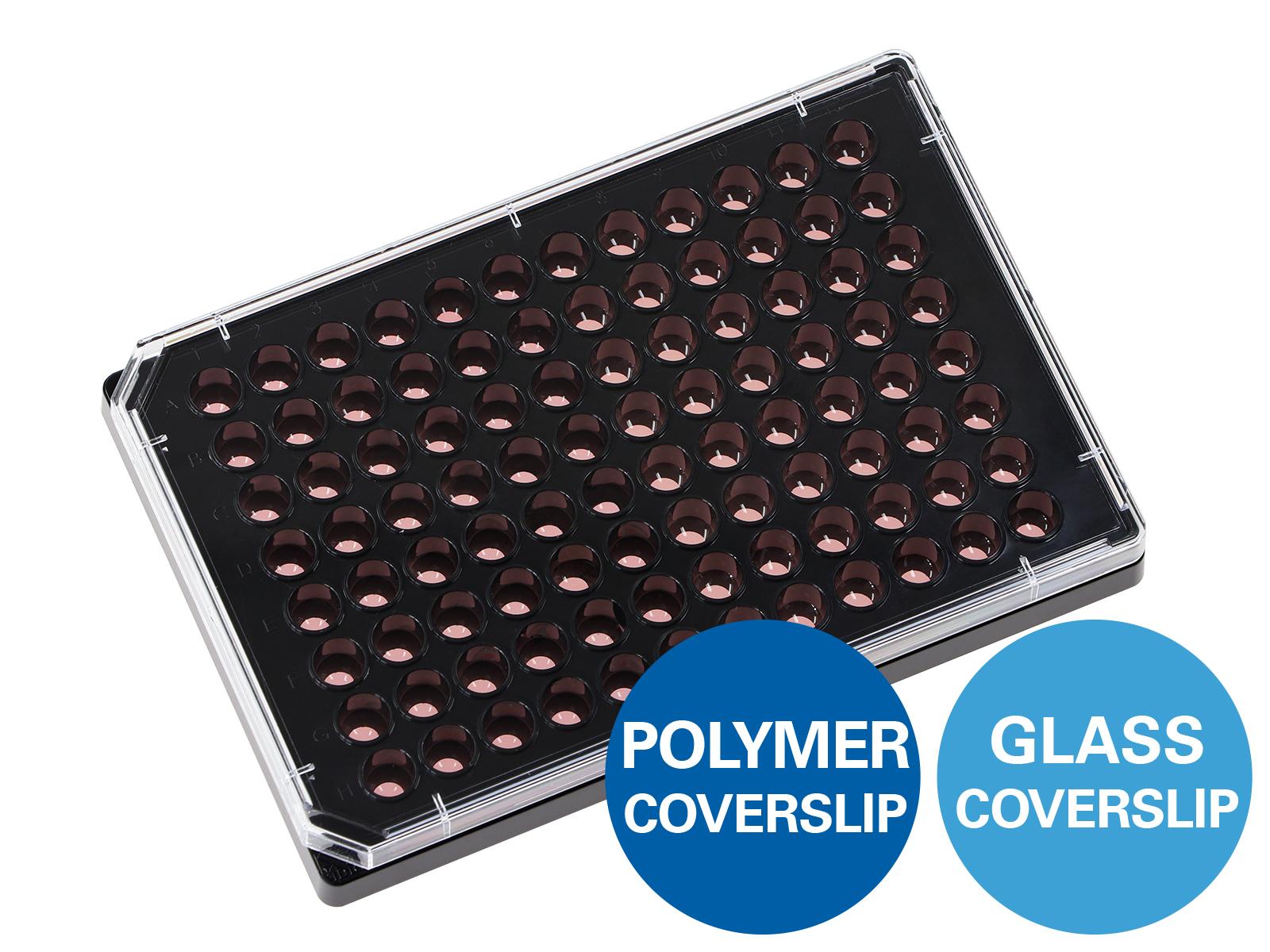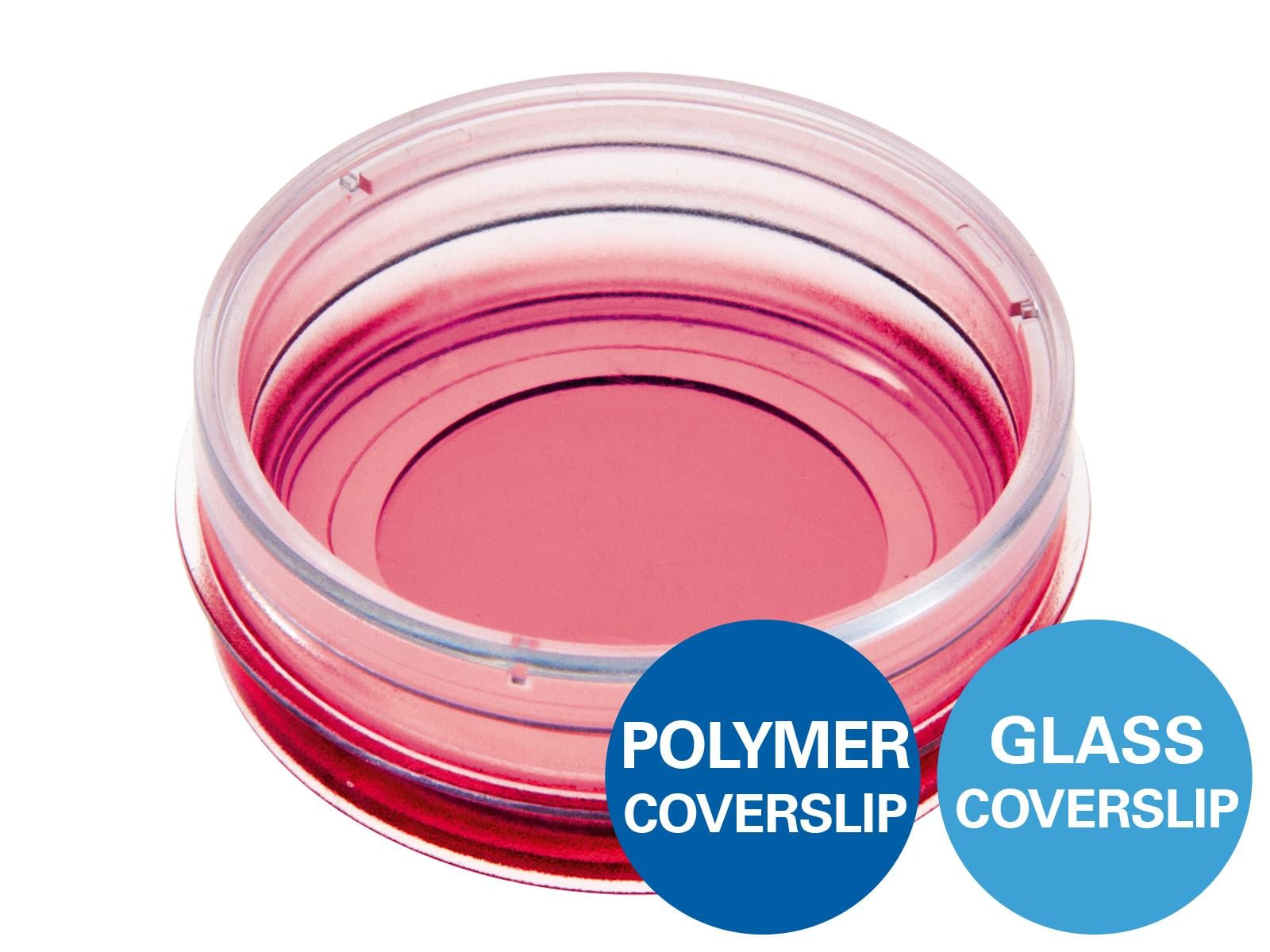From Concept to Application: ibidi Sponsors the Nano Innovation Award 2024 for Three Young Scientists
>> Pressemitteilung auf Deutsch lesen
The LMU Center for NanoScience and four LMU spin-off companies, including ibidi, jointly award innovative doctoral theses on nanotechnology.
Munich, July 25, 2024–Three doctoral students from Munich and Erlangen, Germany, have been honored with this year's Nano Innovation Award by the Center for NanoScience (CeNS). This award, which recognizes application-oriented research in nanosciences, is endowed with €9,000. The winners were selected by a panel of experts from industry and academia from among applicants across Bavaria.
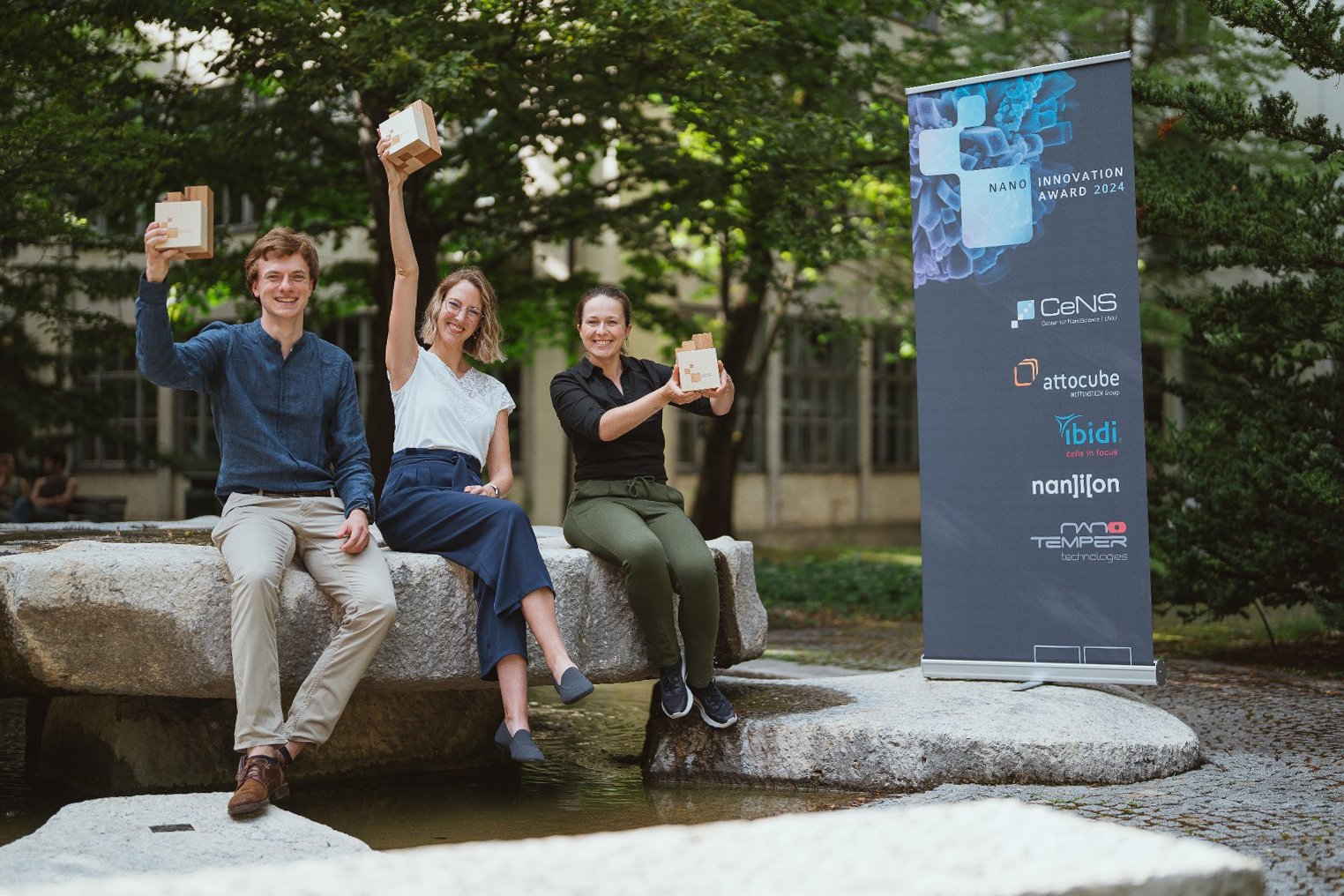
The winners of the Nano Innovation Award 2024.
From left to right: Andreas Gritsch, Cornelia Holler, Leonie Wittmann
https://ibidi.com/img/cms/about_us/press/ibidi_pr_2024_07_CeNS_award.jpg
While most scientific awards honor outstanding results in fundamental research, the Nano Innovation Award stands out for its focus on innovation and practical application potential. In collaboration with CeNS, the companies attocube systems, ibidi, Nanion Technologies, and NanoTemper Technologies annually present the award to talented and creative young scientists whose results are not only of interest for fundamental research but also promise technological applications.
The first prize was awarded to Cornelia Holler from the Max Planck Institute for the Science of Light in Erlangen. She developed μKiss, a simple and contact-free method to deliver chemical and biological materials with high precision and in minute quantities to the membrane of a single cell. This new technique, published in Nature Methods, offers tremendous potential for a wide range of applications. Cornelia Holler and her colleagues plan to start a company to commercialize μKiss.
The second prize went to Andreas Gritsch from the Max Planck Institute of Quantum Optics and Technical University (TU) Munich. He developed a novel experimental platform for quantum networks by integrating erbium dopants into photonic silicon nanostructures. Andreas' groundbreaking research paves new paths in quantum information technology, with promising potential for scalable quantum network nodes. A patent has already been filed for future practical applications of his results, and initial steps toward commercialization have been taken.
Leonie Wittmann from TU Munich won third place. She impressed the jury with her project that developed a method for separating individual yeast cells by age using magnetic nanoparticles. Yeast is used in various industrial applications and food production. With Leonie's method, old yeast cells can be easily sorted out, ensuring that only the most productive cells are used. This could make industrial yeast-based processes more efficient and sustainable in the future.
"The applications for this year's Nano Innovation Award from across Bavaria were of remarkable quality, both in terms of science and application potential. Congratulations to all participants and the three winners," said Professor Emiliano Cortés, CeNS board member at LMU Munich and member of the jury.
About ibidi GmbH – ibidi.com
ibidi GmbH, located in Gräfelfing near Munich, Germany, is a leading supplier of functional cell-based assays and products for cell microscopy. The ibidi portfolio includes innovative cell culture labware for high-resolution microscopy and cutting-edge cell-based assays (e.g. angiogenesis and migration). ibidi also specializes in instruments to provide physiological conditions during live-cell imaging (microscopy Stage Top Incubators) and a unique perfusion system (ibidi Pump System) for the simulation of blood vessels. To complete the ibidi product family, the company also offers reagents and extended solutions for 3D cell cultures.
About the Center for Nanoscience (CeNS)–www.cens.de
The Center for NanoScience (CeNS) is a scientific institution of LMU Munich that promotes and coordinates interdisciplinary research in the field of nanosciences. CeNS spans various disciplines such as physics, chemistry, biochemistry, and pharmacy. In addition to research groups from LMU, groups from TU Munich, the Max Planck Institute of Biochemistry, and other institutions in the Munich area also collaborate within CeNS.
For more information please contact:
Dr. Susanne Seifert
ibidi GmbH
Lochhamer Schlag 11
82166 Gräfelfing
Tel.: +49 89 520 46 17 34
ibidi.com
sseifert@ibidi.de
Dr. Susanne Hennig
Center for NanoScience (CeNS)
LMU München
Geschwister-Scholl-Platz 1
80539 München
Tel.: +49 89 2180 5791
www.cens.de
hennig@cens.de
Von der Idee zur Anwendung: ibidi sponsort den Nano Innovation Award 2024 für drei Nachwuchswissenschaftler
Das LMU Center for NanoScience und vier LMU Spin-off Unternehmen, darunter ibidi, prämieren gemeinsam innovative Promotionsarbeiten zur Nanotechnologie.
München, 25. Juli 2024 - Drei DoktorandInnen aus München und Erlangen wurden mit dem diesjährigen Nano Innovation Award des Center for NanoScience ausgezeichnet. Der Preis für anwendungsorientierte Forschung in den Nanowissenschaften ist mit 9.000 Euro dotiert. Die GewinnerInnen wurden von einer Expertenjury aus Industrie und Wissenschaft unter Bewerbern aus ganz Bayern ausgewählt.

Die Gewinner des Nano Innovation Award 2024.
Von links nach rechts: Andreas Gritsch, Cornelia Holler, Leonie Wittmann
https://ibidi.com/img/cms/about_us/press/ibidi_pr_2024_07_CeNS_award.jpg
Während die meisten Wissenschaftspreise exzellente Ergebnisse in der Grundlagenforschung prämieren, zeichnet sich der Nano Innovation Award durch einen Fokus auf Innovation und Anwendungspotential aus. Gemeinsam mit CeNS vergeben die Unternehmen attocube systems, ibidi, Nanion Technologies und NanoTemper Technologies den Preis jährlich an talentierte und kreative Nachwuchs-WissenschaftlerInnen, deren Ergebnisse nicht nur für die Grundlagenforschung von Interesse sind, sondern auch technologische Anwendungen versprechen.
Der erste Preis wurde an Cornelia Holler vom Max-Planck-Institut für die Physik des Lichts in Erlangen verliehen. Sie entwickelte μKiss, eine einfache und kontaktfreie Methode, um chemische und biologische Materialien mit hoher Präzision und in kleinsten Mengen an die Membran einer einzelnen Zelle zu bringen. Die neue Technik, die in Nature Methods veröffentlicht wurde, bietet ein enormes Potenzial für eine breite Palette von Anwendungen. Cornelia Holler und ihre Kollegen planen dazu die Gründung eines Start-ups, um μKiss zu kommerzialisieren.
Den zweiten Platz vergab die Jury an Andreas Gritsch vom Max-Planck-Institut für Quantenoptik und der TU München. Er hat eine neuartige experimentelle Plattform für Quantennetzwerke entwickelt, indem er Erbium-Dopants in photonische Silizium-Nanostrukturen integriert hat. Andreas' bahnbrechende Forschung ebnet neue Wege in der Quanteninformationstechnologie, mit vielversprechendem Potenzial für skalierbare Quantennetzwerkknoten. Für eine künftige praktische Anwendung seiner Ergebnisse wurden bereits ein Patent angemeldet und erste Schritte zur Kommerzialisierung unternommen.
Den dritten Platz gewann Leonie Wittmann von der TU München. Sie überzeugte die Jury mit ihrem Projekt, in dem sie eine Methode zur Trennung einzelner Hefezellen nach Alter mit Hilfe von magnetischen Nanopartikeln entwickelte. Hefe wird in verschiedenen industriellen Anwendungen und in der Lebensmittelproduktion eingesetzt. Mit dem von Leonie entwickelten Verfahren kann man auf einfache Weise alte Hefezellen aussortieren und so sicherstellen, dass nur die produktivsten Zellen verwendet werden. Dadurch könnten industrielle hefebasierte Prozesse in Zukunft effizienter und nachhaltiger werden.
"Die Bewerbungen aus ganz Bayern für den diesjährigen Nano Innovation Award waren von bemerkenswerter Qualität, sowohl was die Wissenschaft als auch das Anwendungspotenzial angeht. Herzlichen Glückwunsch an alle TeilnehmerInnen und die drei GewinnerInnen", sagt Professor Emiliano Cortés, CeNS-Vorstandsmitglied an der LMU München und Mitglied der Jury.
Über die ibidi GmbH – ibidi.com
Die ibidi GmbH, Gräfelfing bei München, ist ein führender Anbieter funktioneller zellbasierter Assays sowie von Produkten für die Zellmikroskopie. Die umfangreiche Reihe von Produkten bietet Lösungen für die klassische Zellkultur sowie für komplexe Assays wie z.B. Angiogenese, Chemotaxis oder Wundheilung. Durch die Produkte von ibidi wird das Verständnis von Entstehung und Behandlung unterschiedlicher Krankheiten erleichtert. Die Kunden von ibidi arbeiten weltweit in Forschungseinrichtungen, in der forschenden Pharmaindustrie und der Biotechnologie. Die Technologie von ibidi wird in zahlreichen BMBF-Projekten gefördert. Der Vertrieb der Produkte erfolgt weltweit.
Über das Center for NanoScience (CeNS) – www.cens.de
Das Center for NanoScience (CeNS) ist eine wissenschaftliche Einrichtung der LMU München, die interdisziplinäre Forschung auf dem Gebiet der Nanowissenschaften fördert und koordiniert. Dabei werden von CeNS verschiedene Disziplinen wie Physik, Chemie, Biochemie und Pharmazie überspannt. In CeNS kooperieren neben Arbeitsgruppen der LMU auch Gruppen der TU München, des Max-Planck-Instituts für Biochemie und anderer Institutionen im Münchner Raum.
Um weitere Informationen zu erhalten, kontaktieren Sie bitte:
Dr. Susanne Seifert
ibidi GmbH
Lochhamer Schlag 11
82166 Gräfelfing
Tel.: +49 89 520 46 17 34
ibidi.com
sseifert@ibidi.de
Dr. Susanne Hennig
Geschäftsführerin, Center for NanoScience (CeNS)
LMU München
Geschwister-Scholl-Platz 1
80539 München
Tel.: +49 89 2180 5791
Fax: +49 89 2180 5649
www.cens.de
hennig@cens.de

